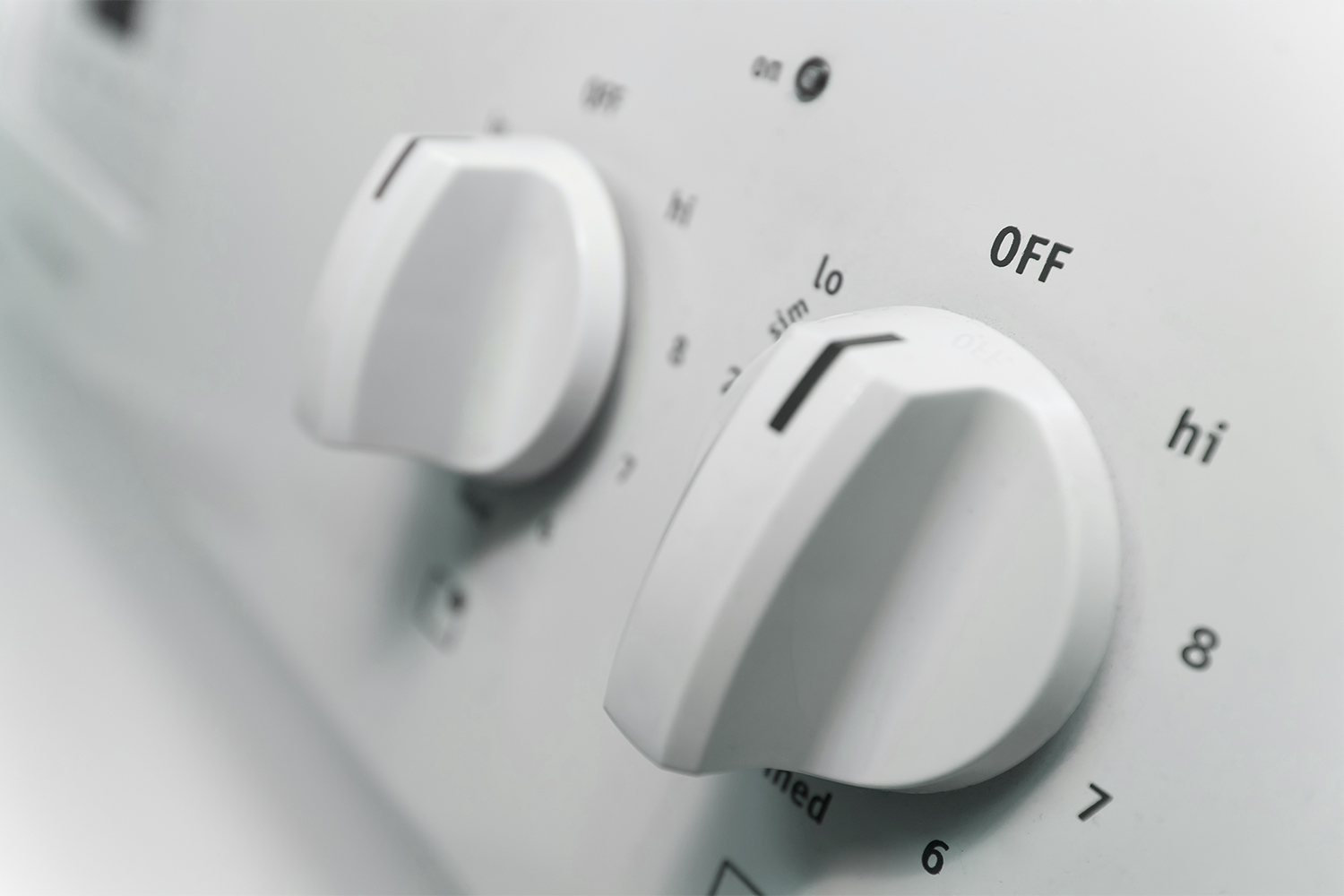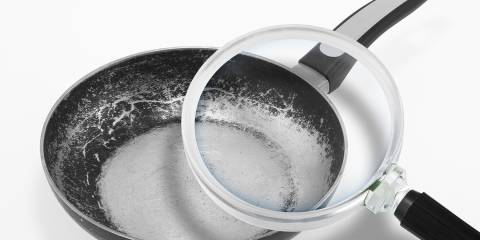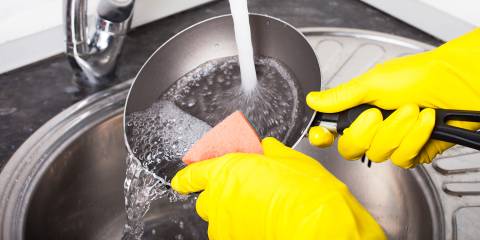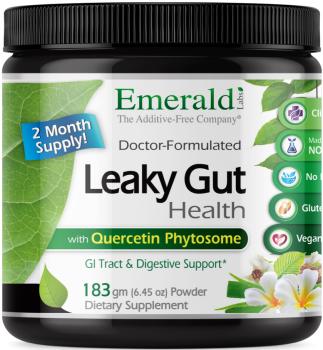Temperature can have a positive or negative effect on the nutritional value of your food.
How Nutrition Changes When Cooking
Here are some of the processes you need to be aware of.
Negative Effects of High-Temperatures
Some foods lose nutritional value when heated to high temperatures.
-
Protein Denaturation
When certain foods are cooked at high temperatures (meat, eggs, vegetables, etc.), the protein molecules can change their structure. This may cause some amino acids to be destroyed.
-
Vitamin Loss
Vitamins tend to dissolve in water, especially when heated, so they can be lost through heating processes.
For instance, when you boil potatoes, vitamins B and C are absorbed into the water.
-
Mineral Loss
This will be seen when boiling ingredients. If you need to cook your vegetables, consider steaming.
Green vegetables such as broccoli have been shown to hold more of their nutrients when steamed.
-
Negative Compounds
High heat may form some undesirable compounds such as carcinogenic substances.
Nutrients That Unlock at High Temperatures
There are also foods that increase in nutrients and benefit from heating. Some of these foods are;
-
Root Vegetables
Without heating, these vegetables can be hard to digest. Heating them softens their structure so that we can consume them.
Cooking carrots actually allows for the cell walls to break down, providing more beta-carotene (linked with good eye health and immune function).
-
Tomatoes
Heating tomatoes actually helps to break the cell wall of the tomato, releasing lycopene (beneficial antioxidant compound).
-
Leafy Greens
When heated, oxalic acid is reduced. This acid blocks iron absorption and is found in greens like spinach or swiss chard.
Dangers of Unhealthy Cookware
Next time you go to cook a meal, be conscious of your cookware. The wrong kind of pot or pan can rob your food of nutrients—or introduce chemical toxins.
-
Nutrient Leaching
Leaching is when minerals are absorbed from a solid.
- Non-stick pots and pans are the worst option in terms of leaching. Try and replace them with safer, more effective alternatives.
- If you use copper pots and pans be aware that foods in which contain a high level of acidity can increase leaching (e.g. tomatoes).
-
Chemical Exposure
Stay away from cookware that releases chemicals, to truly consume food in the state that makes it most beneficial.




